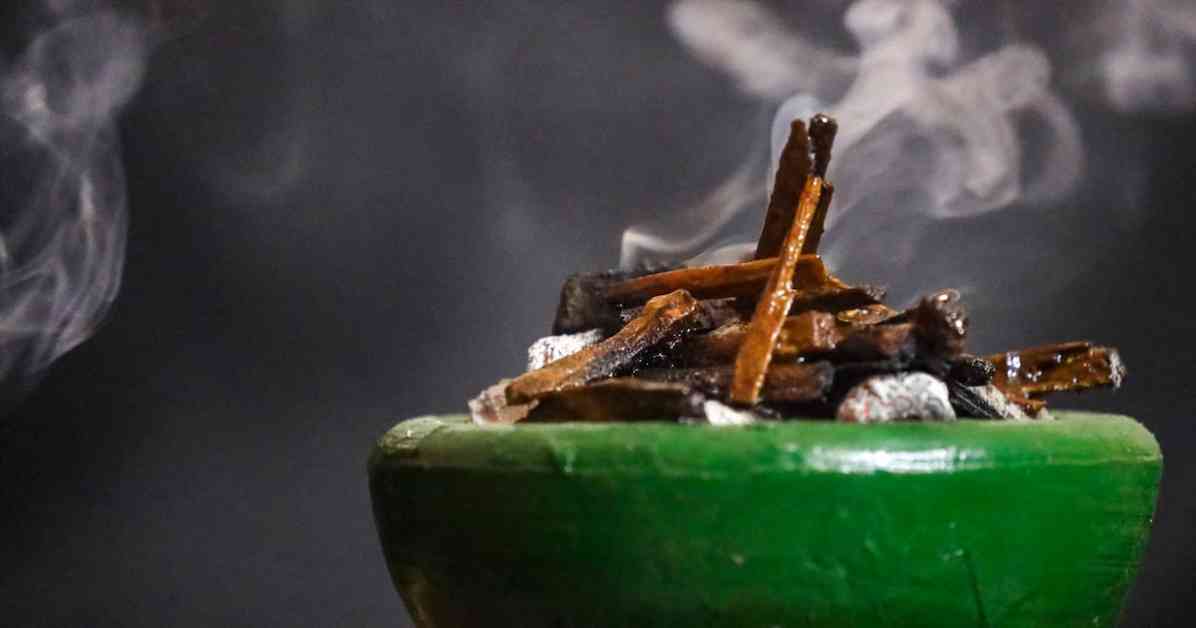In the vibrant land of Mali, the art of crafting incense has been a cherished tradition that has stood the test of time. From the fragrant scents that fill homes to the sacred spaces of worship, incense plays a crucial role in the cultural and spiritual fabric of Malian society. Let us delve into the fascinating world of incense makers in Mali, where a universe of scents and beliefs intertwine to create a sensory experience like no other.
The Mystique of Incense Making
The spicy aroma of burning incense is unmistakable, filling the air with a sense of mystique and reverence. But what exactly goes into the creation of these aromatic concoctions, shrouded in secrecy and known only to a select few? Known as diékalan or gongo, these ancient elixirs have traversed centuries, carrying with them a rich tapestry of cultural significance and beliefs.
Throughout history, civilizations have turned to plant resins to extract scents for use in places of worship, homes, clothing, and even the body, believing in the supernatural powers imbued within these fragrances. In Mali, this practice has endured through the ages, with a myriad of fragrances ranging from subtle to robust, gracing occasions such as weddings, baptisms, and religious rites. Incense is even used to accompany individuals on their final journey, a testament to its profound significance in Malian culture.
For marital coach Rokia Diakité, incense holds a mythical and mystical allure. She views it as a symbol of myth, as all cultures utilize incense without fully understanding its origins. Moreover, she considers it mystical due to its integral role in religious rituals worldwide, whether in monotheistic or polytheistic faiths. According to Diakité, incense is a divine link that transcends cultural boundaries, uniting believers in a shared olfactory experience.
The Art of Incense Crafting in Mali
In Mali, incense makers meticulously blend leaves, barks, and naturally fragrant plant resins to create their signature scents. Some artisans adhere to traditional methods, mixing these botanical ingredients without any additional additives, while others incorporate a diverse array of perfumes to enhance the fragrance profile. The process of crafting incense is a labor of love, requiring patience and skill to achieve the perfect balance of aromas.
Incense holds a significant place in Malian tradition, particularly among the guardians of culture—the women of Mali. These women utilize incense not only for beautification purposes but also to imbue their homes, clothing, and bodies with delightful scents. Each type of incense serves a specific purpose, from burning incense to intimate fragrances, mouthwash to ward off bad breath, and even spiritual cleansing rituals to banish malevolent spirits and promote healing.
The primary types of incense sold in Mali include diékalani, guéni, gongo, moukou, bata oil, and various perfume blends to create pleasant fragrances. Incense makers assert that these aromatic blends bring peace and tranquility, soothing hearts and minds while also stimulating the spirit. The intricate process of incense production can span two to three months, with some incense varieties retaining their scent for up to a year when immersed in perfumed water. Raw materials are sourced from locations like Dubai, Paris, and Jeddah, reflecting the global reach of Mali’s incense trade.
The Spiritual Significance of Incense
In Mali, incense is not merely a sensory indulgence but a sacred tool that holds deep spiritual meaning. The act of burning incense is believed to purify the atmosphere, creating a sense of sanctity and reverence in religious ceremonies and domestic settings alike. The fragrant smoke wafting through the air is seen as a conduit for prayers and offerings, carrying them to the heavens and invoking blessings upon the faithful.
Moreover, incense is used in healing rituals to cleanse the body, mind, and spirit of negative energies, promoting holistic well-being and spiritual harmony. The therapeutic properties of certain incense varieties are believed to alleviate ailments and restore balance to the individual, fostering a sense of wholeness and vitality. As such, incense plays a multifaceted role in Malian society, bridging the physical and metaphysical realms through its aromatic allure.
In conclusion, the world of incense makers in Mali is a realm where tradition, craftsmanship, and spirituality converge to create a sensory experience that transcends the ordinary. From the intricate blending of botanical ingredients to the profound symbolism imbued within each fragrant wisp of smoke, incense making in Mali is an art form that resonates with the soul. As we navigate the universe of scents and beliefs that define Mali’s incense culture, we gain a deeper appreciation for the profound connections between the tangible and intangible aspects of human existence.

